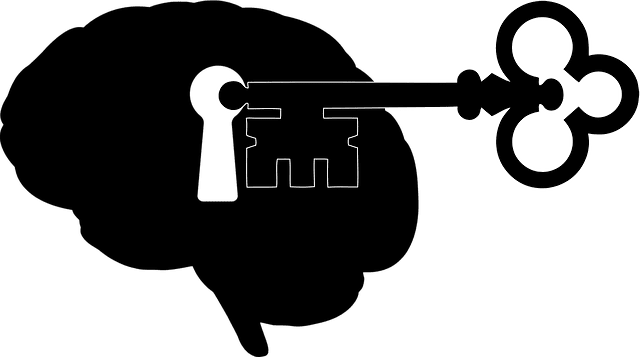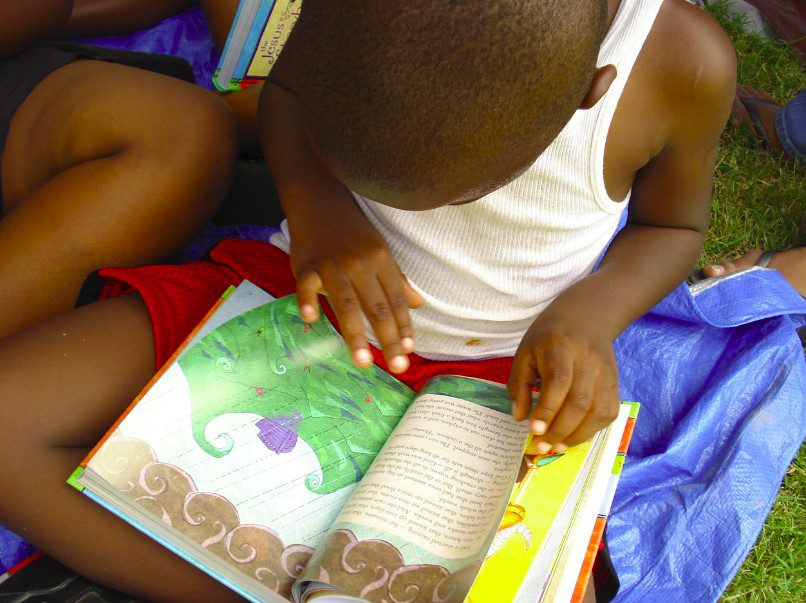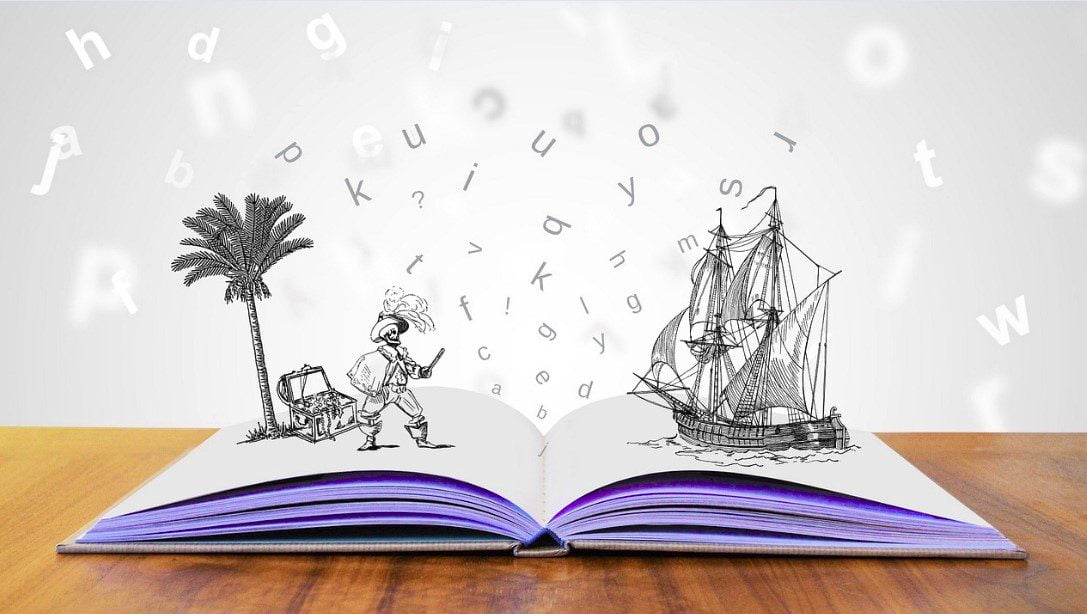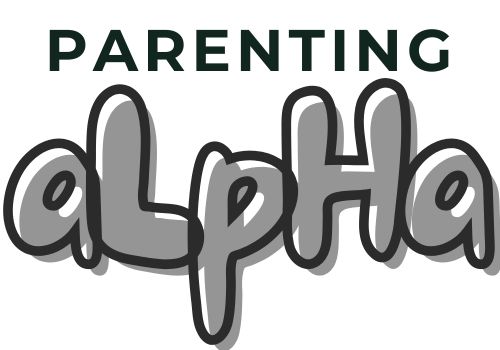In his book Power of Reading: Socrates to Twitter, Frank Furedi, an emeritus professor of social sciences at the University of Kent, stresses why reading is important in the 21st century! It is a priceless art for both mental and physical health.
However, Frank bemoans our poor reading culture and chronic inability to interpret written content. He blames micro blogging platforms and digital multimedia for this absurdity.
Twitter, Pinterest, Signal, Whatsapp, and Facebook have condemned us to reading and writing very little. Just as well, Instagram and TikTok photo and video-sharing apps have persuaded us to watch lots of images and multimedia clips instead of reading.
We then supplement our short attention spans with emoticons and emojis, while popups and notifications disrupt us continuously!
Exactly What Has Happened to the Reading Culture Today?
Yes, reading platforms have evolved tremendously in the 21st century. Both writers and readers have shifted their trade from traditional book forms and print periodicals to digital platforms.
Researchers, reporters, bloggers, and academic portals now prefer to have their content published digitally and online.
To supplement this shift, we now read long-form literature through the kindle, cellphones, and other visual devices. We also listen to podcasts and our favorite eBooks using smart speakers. We can do this comfortably when walking, while doing dishes and in the laundry!
… food for thought

The importance of reading cannot be calculated per se, but can be understood through the words of scholars and ordinary folks around the world. They know the value of reading, and why you too should embrace the same.
The following motivational quotes should get you to understand why reading is important:
- In his book I Can Read With My Eyes Shut, Dr. Suess famously wrote, ‘The more you read, the more things you will know. The more that you learn, the more places you’ll go.’
- Marcus Tullius Cicero once said, ‘A room without books is like a body without a soul.’
- The famous English novelist Jane Austin said, ‘The person, be it gentleman or lady, who has not pleasure in a good novel, must be intolerably stupid.‘
- Another famous writer, Mark Twain, said, ‘Good friends, good books, and a sleepy conscience: this is the ideal life.‘
- When Kate DiCamillo talked about children in relation to reading, she said ‘Reading should not be presented to children as a chore, a duty. It should be offered as a gift.’
- … and according to Barack Obama, the opportunity to read wide allows him ‘to slow down and get perspective’ and ‘get in somebody else’s shoes.’
… the Beautiful Reasons Why Reading is Important Today:

1. Reading for Self Awareness and Discovery
When children read wide, they go beyond the classic engagement with reading material in the classroom. They read plenty of fiction, non-fiction, periodicals, and other content, in addition to classroom content.
By exploring the vast world of written content, they get to see the big picture of the real world, and how they fit in.
It is much more like a mirror of life that helps them understand who they are in the global context!
Look outside and you will see yourself. Look inside and you will find yourself.
— Drew Gerald
Reading wide actually gives children the opportunity to reflect on the past and present, and cultivate an understanding of what the future holds. They have the opportunity to fine-tune their mindset in preparation for future existence and job prospects, which continue to evolve as the years go by.
Reading extensively is important for grown-ups too. It is a must have intellectual skill to foster knowledge, and a weapon against fake news. The art of reading sharpens the mind to sort through data bias and misinformation.
These ills have become commonplace due to information overload, and the freedom we all have to tweet, write, and share information! This freedom is a breading ground for all kinds of content, most of which are wrong and misleading.
2. Reading for Subjective Well-being and Better Health
If you have done your share of reading in the past, you probably know the feeling of teleportation derived from a good narrative. This happens when the story is told so well and subconsciously carries you to another world and time.
Like, novelist, Jean Rhys writes,
Reading makes immigrants of us all. It takes us away from home, but more important, it finds homes for us everywhere.
The feeling of ‘teleportation’ and contextual imagery is therapeutic, because it gives us the opportunity to ‘escape’ from the sad realities of this world. These can drug us down and impact our mental and physical health.
All negative energies such as stress, anxiety, and anger, can accelerate the risks of illnesses such as stroke and heart failure. Stress for one increases the risk of stroke and heart complications by 50 percent, according to data by The American Institute of Stress.
The report says,
Stress is the basic cause of 60% of all human illness and disease
… and this typically leads to high mortality rates.
Here is the good news:
Deep reading, for even 6 minutes a day is known to reduce stress levels by 68%. This is according to a 2009 research by scientists at Mindlab International – UK.
It really doesn’t matter what book you read, by losing yourself in a thoroughly engrossing book, you can escape from the worries and stresses of the everyday world and spend a while exploring the domain of the author’s imagination.
– Dr David Lewis
… reading as a therapy
Reading is actually more therapeutic than music or a stroll down the street. It is fantastic for emotional health and social well-being. It allows us to reflect on who we are, and ultimately makes us happy.
Reading material that makes us happy ultimately improves our subjective well-being and general health.
This is how Wikipedia explains subjective well-being (SWB):
SWB … encompasses moods and emotions as well as evaluations of one’s satisfaction with general and specific areas of one’s life.[6] Concepts encompassed by SWB include happiness.
Other benefits derived from extensive and regular reading:
- Reading a good book before bedtime is good for sleep.
- We enhance the quality of memory and concentration when we read wide.
- Reading is good for mental wellness, because it can slow down and prevent Alzheimer’s and dementia.
- When we read wide, we make informed decisions on health matters.
3. The Importance of Reading to Acquire Knowledge
When you read extensively, you automatically become knowledgeable about many things in life. You gradually develop a better grasp of information than a person who does not read as much.
This knowledge is earned through limitless stories and experiences told in fiction and non fiction content.
To put it mildly, extensive reading leads to intensive reading.
Like Dr. Suess correctly says,
The more you read, the more things you will know. The more that you learn, the more places you’ll go.
I Can Read With My Eyes Shut!
While reading is always a challenge at the beginning, it becomes easy the more we read. In the early days, the brain is busy at work trying to make sense of all the vocabulary, ideas, plots and other intricacies in written content.
With persistent reading, the brain relaxes and starts to interpret the thoughts, and decode all kinds of information, both intended and not indented by the writer.
Good readers contextually observe information and respond to life challenges by connecting dots here and there. They co-exist better in multicultural settings, are sociable, and communicate better.
The accumulation of information is a catalyst for critical thinking, and enabler of diverse approaches to solving problems. The extensive reader eventually develops the ability to answer as many questions in life.
A good reader always has something to say about many things – a jack of all trades, so to say.
A good reader can also tell a lie from truth faster than others in the crowd! This is important nowadays, given the extent of information overload, fake news and misinformation online.
Ultimately a wide reader is
- resourceful
- confident
- creative
- sociable
- empathetic
- inspirational
- respectful
4. We Communicate Better When We Read Extensively
Communication describes the verbal, non-verbal, written, and other forms of engagements to pass information around. It also constitutes engagements with media outlets such as television, newsprint, and the Internet.
Communication outlets have evolved considerably in the last few years, where information is now shared on-demand, and always on. This is possible through digital forms and ubiquitous gadgets like smartphones, tablets and wearables.
These new platforms provide us with opportunities to read even more content and expand our communication skills – listening, speaking, reading and of course writing.
The best way to improve one’s language skills is to go and live amongst its speakers, but the next best way is to read extensively in it.
C. Nuttall, 2005
Here is what happens to our communication skills when we read wide:
- We enrich our vocabulary
- We have better self-esteem.
- Our language skills are enhanced through learning wide ranging idioms and other expressions
- The vast information we read gives us a lot of information we can talk about with family and friends.
- Reading makes us knowledgeable about extensive subjects
- We are better at networking with people because of the exposure we learn from narratives we read.
- Reading makes us more flexible and adaptive to life changes and challenges.
- We develop a better understanding of other people and cultures
- Reading stimulates our brains to think critically and wide.
By and all, reading wide enables us to develop language competences that are necessary for education, work and life.
5. Reading for Productivity
From Socrates and the Renaissance, through to the 20th century, great ideas and inventions were a result of days and years spent reading. Even today, in the 21st century, new ideas and inventions can only come true after extensive research and reading.
In the workplace, great ideas and innovative ideas to accomplish tasks are churned out by the few who spare time to read, write, and learn.
Effective literacy in reading and writing skills will
- make us communicate more effectively
- allow us to write better emails, reports, records, etc
- make us write better researches
- make us better readers too
A persistent reader will become productive in more ways than one:
- A reader experiencing a heightened sense of subjective well-being is motivated to perform better at work.
- A lifelong learner (reader) is better placed to provide relevant information and learning experience to others.
- A leader that reads wide is more articulate in communication skills and falls back to past experiences to make informed decisions.
- An executive that reads plenty of books collaborates with, and handles his team better based on experiences told from the past.
- Reading increases the likelihood that co-workers will collaborate efficiently based on the information they share.
6. Reading Wide for Literacy Skills
The word literacy has evolved considerably from the past, and now includes skills we all need for education, work and life. While traditional literacy only referenced the ability to read and write, it now includes literacies such as,
- Information literacy
- Media literacy
- Computer literacy
- Civic literacy
- Health literacy
- Financial literacy
The literacies listed above empower us with knowledge that makes our personal and professional lives more fulfilling and enjoyable.
In its simplicity,
- Literacy in information enables us to stay informed about what is happening around us and globally.
- With media literacy, we understand how technology and other communication tools work.
- The knowledge of ICT empowers us to use technology devices to accomplish tasks such as writing, sending emails, and other productive tasks.
- Civic knowledge empowers us to understand how our communities work, in addition to knowing what our roles are.
- When we are knowledgeable about our health, we are better placed to take care of our health and our families to avoid mistakes that will make us sick.
- Financial literacy empowers us with information that helps us manage our money efficiently.
For us to master these skills, it is imperative that we invest in extensive reading. These skills are hardly taught in schools and can be well masters through reading here and there.
7. We Write Better When we Read Wide
It is no secret that great writers from the past and aspiring writers today have always been ardent readers.
They spend countless hours going through books, journals, periodicals, experiences, and inner thoughts in order to write compelling work.
We can write well without reading extensively!
Author Stephen King wrote,
If you don’t have time to read, you don’t have the time (or the tools) to write. Simple as that
On Writing
If we want our children to write better when they grow up, now is probably the time to get them started to read.
We are not necessarily preparing them to become as good as Stephen King, but allowing them to put words to paper and digital screens with ease.
Writing is important in the workplace, because it allows us to put together and spread data and information.
Witing is perhaps one of the most neglected skills today, and continues to affect businesses worldwide.
Writing is ultimately an opportunity for us to communicate our inner thoughts, according to novelist Natalie Goldberg:
Write what disturbs you, what you fear, what you have not been willing to speak about. Be willing to be split open.
Thunder and Lightning: Cracking Open the Writer’s Craft
Below is how reading helps you achieve writing excellence:
- Reading lets you learn from other writers
- It sharpens your language for better writing
- It gives you the inspiration to write
How to Supercharge Your Child’s Reading Habits:

Try out the following:
Install a vibrant and extensive library: Your child will only think about reading when books are readily available in the house. You can also take advantage of the vast reading resources online. (More about these below)
Read widely and passionately as a parent: You will only ignite the reading culture when you are a passionate reader yourself. Somehow, your child will become curious and find a good reason to read.
Read as a family: This can involve reading aloud and collective reading on specific subjects. Your findings can be discussed on specified dates and timeframes.
What to read?: The content your child reads should vary depending on age, difficulty and interest. Whether they are academic or not, let children read what they find interesting. At an early age, don’t force them to read what they do not want.
Motivate your child: Just as well, find creative ways to motivate your child to read wide. This may involve giving gifts and other tips. You may want to borrow a leaf from David Woodland, who in 2020 excited the internet fraternity when he said he paid his child 1 dollar for every book he read.
How much reading?: Encourage your child to read upward of 2 hours a day, to develop a deliberate reading culture. Of course, you can start with anything from 10 minutes. Build this up until 2 hours are achievable.
Free Online Reading Resources:

Here are some free online reading resources for your child:
- International Children’s Digital Library (https://www.childrenslibrary.org/): Offers a vast collection of children’s books from around the world that can be read online for free.
- Storyline Online (https://www.storylineonline.net/): Features videos of well-known actors reading popular children’s books aloud, accompanied by animated illustrations.
- Oxford Owl (https://www.oxfordowl.co.uk/): Provides a wide range of free e-books for children, categorized by age group. It also offers helpful tips for parents to support reading at home.
- Project Gutenberg (https://www.gutenberg.org/): Offers over 60,000 free e-books, including many classic children’s literature titles that can be downloaded or read online.
- Starfall (https://www.starfall.com/): Provides interactive games, activities, and e-books to help young children develop reading skills.
- Unite for Literacy (https://www.uniteforliteracy.com/): Offers a collection of picture books with audio narration in multiple languages, promoting early literacy and language development.
- Open Library (https://openlibrary.org/): Provides access to a vast collection of e-books, including children’s literature. You can create a free account to borrow books for a limited period.
- Read.gov (https://read.gov/kids/): Offers a variety of reading resources, including classic stories, nursery rhymes, and educational activities provided by the Library of Congress.
- BookBub (https://www.bookbub.com/blog/free-childrens-books-online): Provides a list of websites where you can find free children’s e-books and resources for reading.
- Amazon Kindle Free Books (https://www.amazon.com/b?node=2245146011): Offers a selection of free children’s e-books for Kindle devices or Kindle reading apps.
Remember to supervise your child’s online activities and ensure that the content is appropriate for their age and reading level. These resources can be a great way to foster a love for reading and improve literacy skills in an engaging and accessible manner.
Q and A on the Value of Reading Wide in Children

Q: What does it mean to read wide?
A: Reading wide refers to the practice of reading a diverse range of topics, genres, and perspectives. Instead of sticking to a narrow range of familiar subjects or authors, reading wide encourages exploring various fields of knowledge and engaging with different styles of writing.
Q: Why is reading wide important?
A: Reading wide offers several benefits. First, it broadens one’s knowledge and understanding of the world. By exploring different subjects, children gain insight into various disciplines, cultures, and perspectives. This knowledge can enhance their critical thinking skills and provide them with a more comprehensive worldview.
Secondly, reading wide stimulates creativity and imagination. Exposing children to different writing styles, genres, and ideas can inspire new thoughts and perspectives. It allows them to see connections between seemingly unrelated topics and encourages innovative thinking.
Additionally, reading wide improves language skills and communication abilities. Exposure to a diverse range of writing styles enhances vocabulary, grammar, and overall writing proficiency. This, in turn, aids effective communication in various contexts.
Furthermore, reading wide fosters empathy and understanding. By immersing themselves in narratives from different cultures or perspectives, they develop a greater appreciation for diverse experiences. This can help cultivate empathy and compassion, promoting a more inclusive and tolerant society.
Q: How can children read wide effectively?
Answer:
- They should explore different genres: Let them venture beyond their comfort zones and try genres they haven’t read before. Experiment with fiction, non-fiction, poetry, science fiction, biographies, and more.
- Diversify topics: Select books that cover a wide range of subjects, including history, science, philosophy, art, economics, and social sciences. This allows children to gain knowledge in various fields.
- Follow diverse authors: Seek out authors from different backgrounds, cultures, and perspectives. Reading books by authors from different countries and ethnicities helps children understand a variety of experiences and viewpoints.
- They can join reading groups or book clubs: Engaging in reading communities can expose children to book recommendations and discussions on diverse topics. It provides an opportunity to learn from others and discover new perspectives.
- Use reading challenges: Let children participate in reading challenges or create personal reading goals that encourage them to explore different genres, authors, or themes. This helps to diversify their reading habits.
- Utilize online resources: Websites, blogs, and online forums dedicated to literature can provide recommendations, book lists, and reviews, helping children discover new reading material.
Remember, the goal is to continuously expand their reading horizons and embrace the diversity of human knowledge and experiences.





Leave a Reply